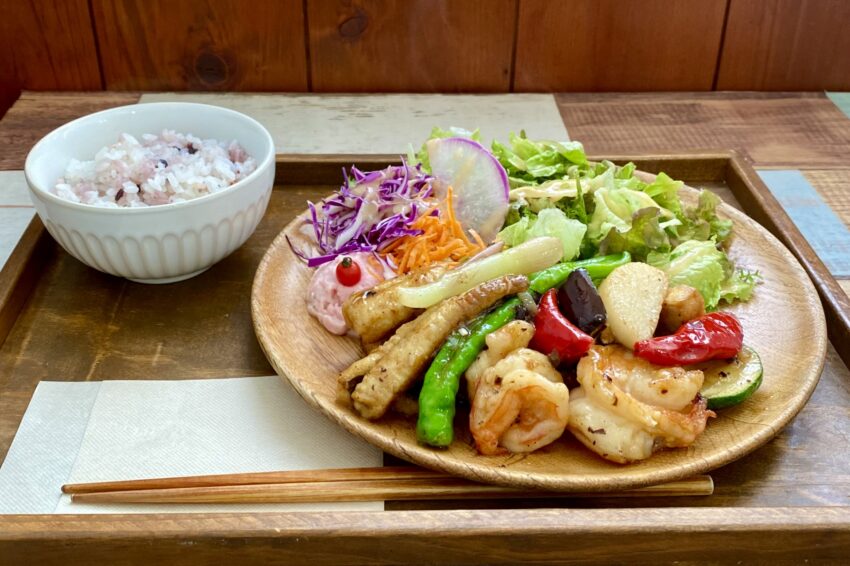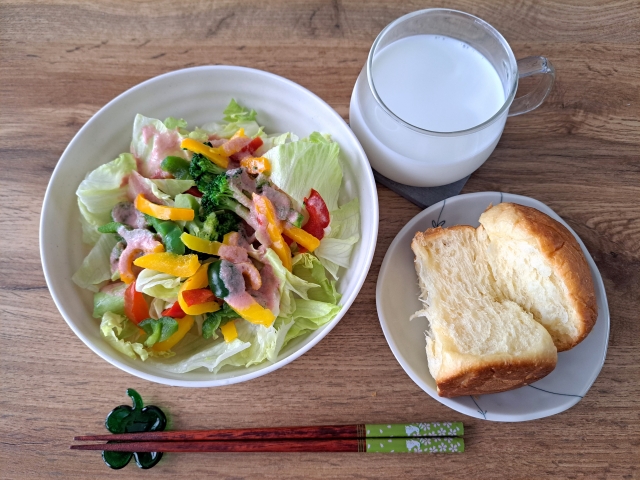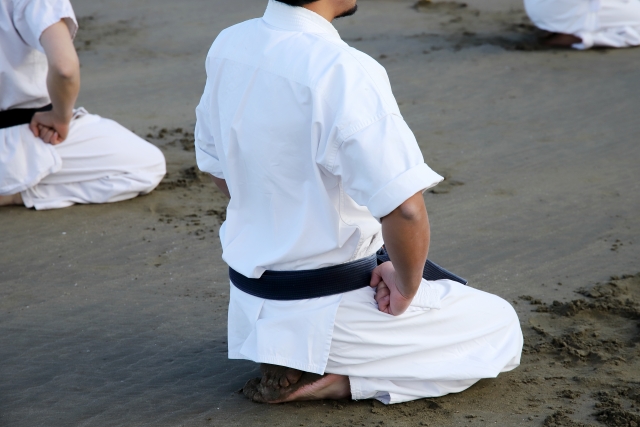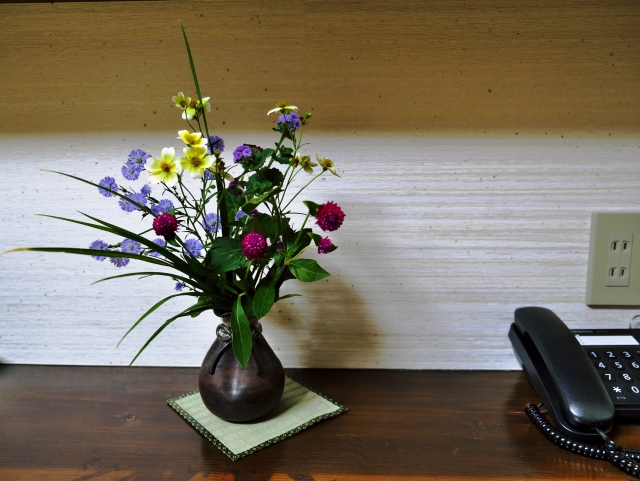Staying Healthy the Japanese Way!

When talking about staying healthy everyone knows that its one of the most important things we can do to live longer and avoid chronic pain. Being in Japan doesn’t change this fact and just because in a general sense Japanese food is healthier and better for you that there is no way that you can slip down the family mart chicken rabbit hole or submit to the potato chip gods indulging yourself at every opportunity. Drinking two or three monsters every single day can be a disaster for your health and especially your teeth.
Staying healthy is an important aspect of life, regardless of where you live. In Japan, there are several practices that are commonly followed to help individuals stay healthy and maintain a balanced lifestyle. From a well-balanced diet to regular physical activity and mindfulness practices, there are many habits that can help improve overall health and wellbeing.
In this article, we will explore some of the ways that you can stay healthy the Japanese way, and discuss how incorporating these practices into your daily routine can have a positive impact on your health and quality of life. However, there are certain habits and practices that are commonly followed in Japan that can help individuals stay healthy.
Eating a balanced diet
Traditional Japanese cuisine emphasizes a well-balanced diet that includes a variety of foods, including vegetables, seafood, tofu, and rice. These foods are typically low in saturated fats, which can help reduce the risk of chronic diseases such as heart disease and diabetes.
In addition, Japanese meals often include smaller portions of meat, which can be a healthier option than larger portions of red meat. Try incorporating more of these foods into your diet and limiting your intake of processed foods, which tend to be high in calories and unhealthy fats.

Photo by クッキーくっきー
Practice portion control
In Japan, meals are typically served in smaller portions than in many Western countries. By practicing portion control, you can reduce your calorie intake and avoid overeating. One way to practice portion control is to use smaller plates and bowls, which can make it easier to control your serving size. You can also try eating more slowly and savoring each bite, which can help you feel fuller faster.
Stay active
Many Japanese people engage in physical activity regularly, whether it’s through martial arts, walking, or other forms of exercise. Regular physical activity can help improve cardiovascular health, maintain healthy weight, and reduce the risk of chronic diseases. Try to find an activity that you enjoy and make it a part of your routine. This could be anything from going for a walk or jog, practicing yoga, or taking up a martial art like karate or judo.

Photo by kscz58ynk
Prioritize sleep
Getting enough rest is crucial for overall health and well-being. In Japan, it’s common to take short naps during the day (called “inemuri”), which can help boost productivity and energy levels. Additionally, many Japanese people prioritize getting a full night’s sleep by going to bed early and avoiding late-night activities. To prioritize your sleep, try to establish a consistent bedtime routine, avoid caffeine and alcohol before bed, and create a comfortable sleep environment that is conducive to restful sleep.
Practice mindfulness
Mindfulness practices like meditation and deep breathing can help reduce stress and improve mental health. In Japan, mindfulness practices are often incorporated into daily life through activities like tea ceremony, flower arranging, and calligraphy. To incorporate mindfulness into your daily routine, consider setting aside a few minutes each day to practice meditation or deep breathing exercises. You could also try incorporating mindfulness into your daily activities, like focusing on your breath while washing dishes or practicing gratitude while taking a walk

Photo by takesora
In conclusion, staying healthy is important regardless of where you live. It seems like this is a no-brainer to most but it isn’t hard to slip into unhealthy habits when you are tired and don’t feel like cooking or going for that walk. It can be tempting to indulge in unhealthy foods and habits, that’s why it’s crucial to prioritize your health and well-being no matter the physical location.
In Japan, there are several practices that can help individuals stay healthy, such as eating a balanced diet, practicing portion control, staying active, prioritizing sleep, and practicing mindfulness. By incorporating these practices into your daily routine, you can improve your overall health and well-being, and set yourself on a path towards a healthier and happier life. Remember, making small, sustainable changes over time is key to achieving lasting results.
Photo Credits:
Top photo: beauty-box on PhotoAC
Additional images by クッキーくっきー , kscz58ynk and takesora
All other content (text) created by the original author and © 2023 MUSUBI by Borderlink
RELATED
-

ALT August: How to Live Happy and Healthy
Top Photo: Jake Givens on Unsplash Hey guys! Welcome to your summer vacation. If you’re like I was, you’re ne… -

Being Healthy In Japan On A Budget
Top photo: kotestu427さん on PhotoAC In this article, I am going to be discussing the different ways in which yo… -

Finding Freedom in Japan
Top Photo: himawariinさん on PhotoAC When I first came to Japan I thought that I could do anything I liked by us…
PEOPLE

Zane Kane
As an expat who has lived in Japan for five years, with two years spent in Iwate and three in Osaka, I have had a unique and insightful experience. Living in two vastly different areas of Japan has given me a deeper understanding of Japanese culture and the nuances of daily life in both urban and rural areas. In Iwate, I was able to experience the stunning natural beauty of the northern part of Japan, while in Osaka, I enjoyed the city's famous food and vibrant nightlife. I have also had the opportunity to try different regional foods and traditions, which has contributed to a more well-rounded perspective of the country. Overall, my five years living in Japan has provided me with valuable insights and experiences that have enhanced my understanding of the country and its culture.


